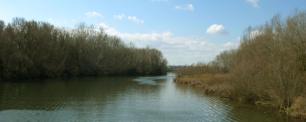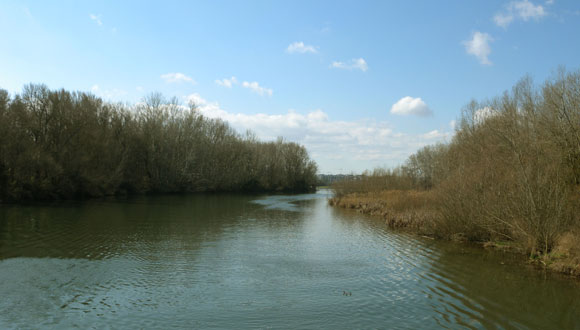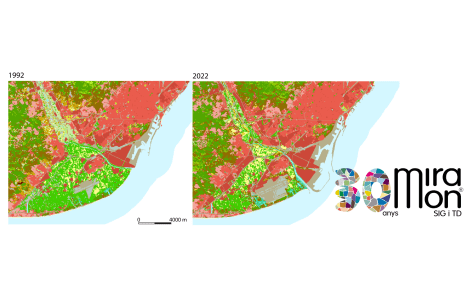LIFE MEDACC: A new project to test innovative adaptation strategies to climate change

The LIFE MEDACC project (LIFE12 ENV/ES/000536 Demonstration and validation of innovative methodology for regional climate change adaptation in the Mediterranean area) is an excellent opportunity both to make the European Commission aware of Catalonia’s advances in tackling the effects of climate change laid out in the Catalan Strategy for Adapting to Climate Change (ESCACC), and to inform research institutions and technology centres of the knowledge generated.

The Mediterranean basin is one of the most susceptible areas in the world to the effects of global climate change, above all in terms of water availability, which will continue decreasing. The LIFE MEDACC project (LIFE12 ENV/ES/000536 Demonstration and validation of innovative methodology for regional climate change adaptation in the Mediterranean area) is an excellent opportunity both to make the European Commission aware of Catalonia’s advances in tackling the effects of climate change laid out in the Catalan Strategy for Adapting to Climate Change (ESCACC), and to inform research institutions and technology centres of the knowledge generated.
This project has been led and coordinated by the Catalan Office for Climate Change (OCCC), reference body in this Community for the Pyrenees Climate Change Observatory, with the participation of three further partners: the CREAF, the Institute of Agrifood Research and Technology (IRTA) and the Pyrenees Institute of Ecology (IPE, CSIC). The project will last five years (summer 2013-summer 2018) with a budget of €2,548,841 and a contribution from the European Commission of €1,266,208.
The main aim of the project is to demonstrate that applying preventive measures in the areas of agriculture, forest management and water management is a useful tool for adapting to the observed and predictedg effects of climate change in Catalonia.
Field and modelling works will be carried out in three basins that are sufficiently representative of Catalonia: the Muga, the Ter and the Segre. In addition to the monitoring and analysis of all data obtained, the project also provides for indicators of evolution and of validation of the results to be obtained. To make these objectives a reality, the researchers and technicians will also consult experts of the territory itself and the stakeholders, who will participate in various collaborative activities.
The expected results of LIFE MEDACC will help to quantify how adaptation can reduce the vulnerability of natural and social systems to climate change and what the economic and environmental costs of the application or non-application of these adaptation strategies could be.
Notícies relacionades

L’IPBES publica dos informes per transformar la manera com ens relacionem amb la natura, conservar-la i sobreviure

L’impacte social de la recerca es consolida a la cultura científica del CREAF



